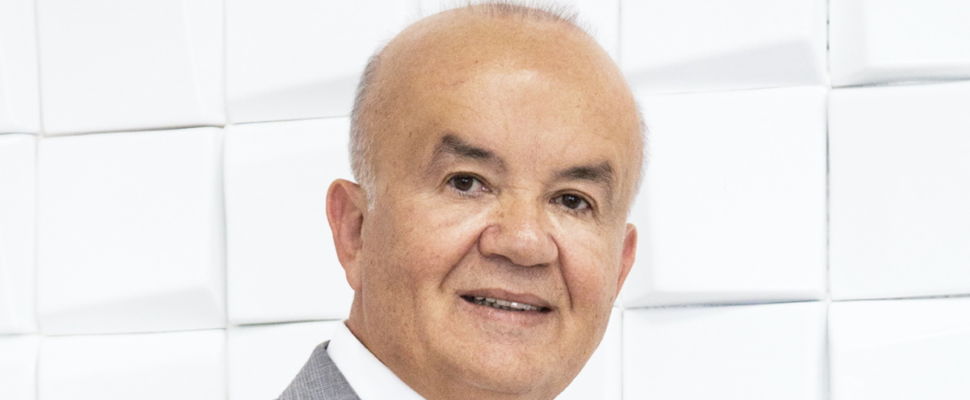Few Turkish companies are experiencing such a transformational moment as GEN. In 2021 alone, the Ankara-based organization made its public debut on the Istanbul Stock Exchange and signed an exclusive collaboration agreement with Dutch biotech Sulfateq BV for the development and commercialization of a therapy against Alzheimer’s and other neurodegenerative diseases.
Leading GEN is Abidin Gulmus, a Turkish entrepreneur that started his first company, Pharmacia Diagnostics, in 1988. Pharmacia was initially focused on the laboratory diagnostics sector before expanding to the pharma industry via a partnership with Serono (now part of Merck KGaA).
After that journey, in 1998, Gulmus founded GEN “as a clean slate” to continue leveraging his expertise in the pharmaceutical field. However, aware of Turkish pharma industry dynamics, he opted to compete in a less crowded but complex niche: orphan drugs.
The company chose orphan drugs since other areas of the Turkish pharmaceutical market were “already saturated with me-too products,” says Gulmus. It was the start of a decades-long distribution partnership with Biogen, but other current partners include Ipsen, Jazz, PTC and Biomarin. “GEN is the first door knocked by the majority of companies working in the rare diseases space that does not have a direct presence in Turkey,” he adds.
Today, orphan drug partnerships remain the most lucrative business for GEN, perhaps because many companies are unwilling to register their products in Turkey, concerned that low prices could have a ripple effect on other markets. Despite the burdensome pricing system, Turkey’s legislation allows products to be introduced through a named-patient access program if a drug is not available in the market and addresses an unmet medical need, a right recognized by the Constitution of the Republic. That is why Gulmus calls Turkey’s social security system “one of the best and most humanitarian in the world.”
Orphan drugs opened the door for GEN, but the company had to expand its capabilities en route to its IPO. In 2018, on its 20th anniversary, GEN opened a manufacturing plant to produce complex generics. “We do not want to compete in a very crowded spaces, producing billions of tablets. Our objective is to produce high-cost, low-volume drugs that serve patients with unmet medical needs,” Gulmus contends, adding that the current objective is to export 70 percent of production in the next three years.
In line with their expansion strategy, GEN opened an office in Russia in early 2020 and acquired an R&D laboratory located in Hacettepe University Technopark in Ankara.
With the lucrative orphan drug partnerships and complex generics production businesses ongoing, the next step – one that Gulmus expects will propel the company to the next level – is developing and commercializing a new molecule. In this direction, GEN recently signed an exclusive agreement with Sulfateq BV, an early-stage Dutch biotech, for the development and commercialization of a therapy against Alzheimer’s Disease.
Referring to the project, Gulmus argues that an “effective treatment for Alzheimer’s Disease and other neurodegenerative diseases has been elusive, yes, but we must continue searching for it. This project’s upside is massive, we are talking about a potentially big reward for humanity.”



